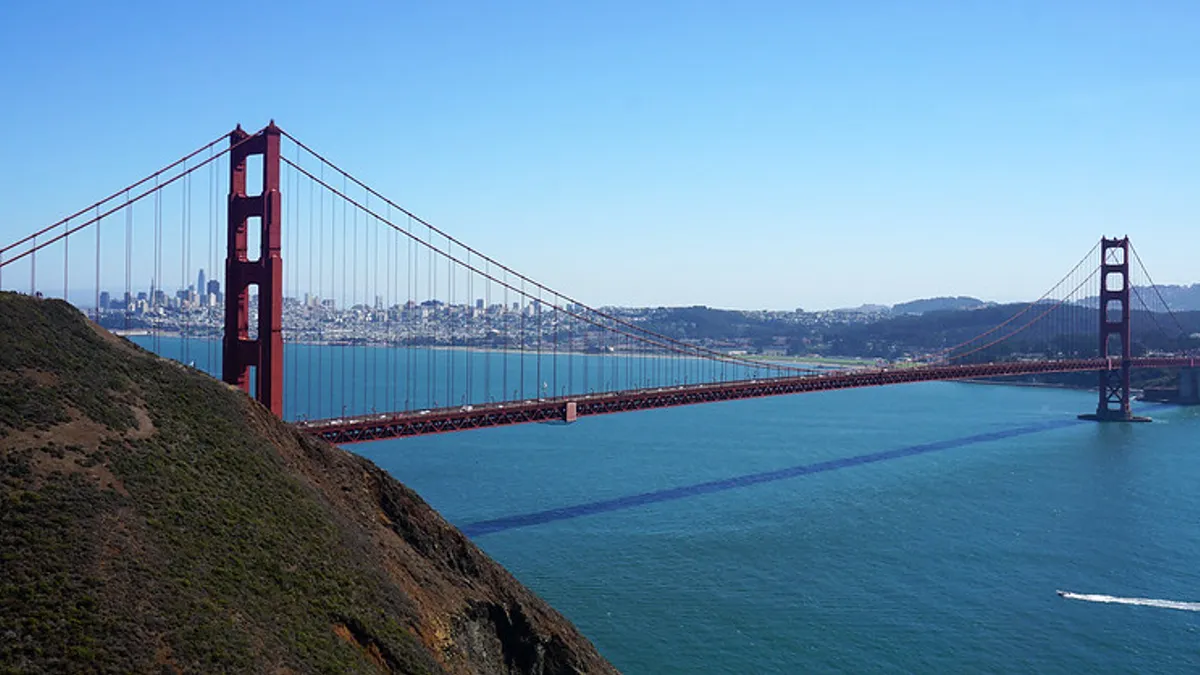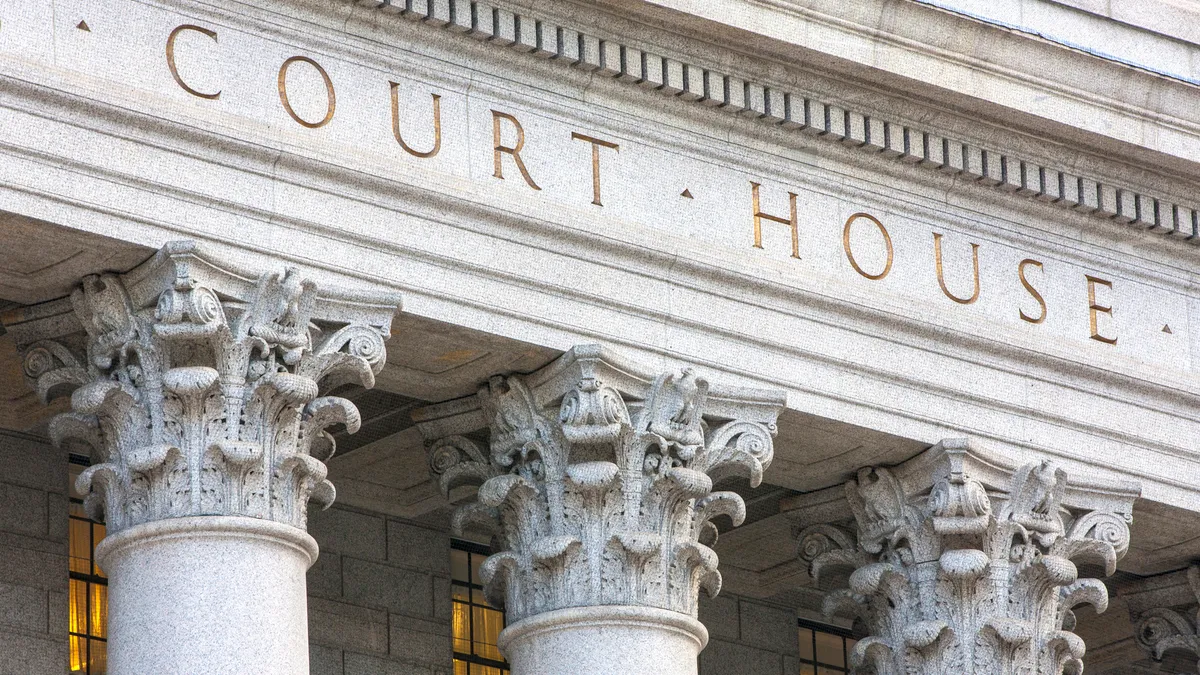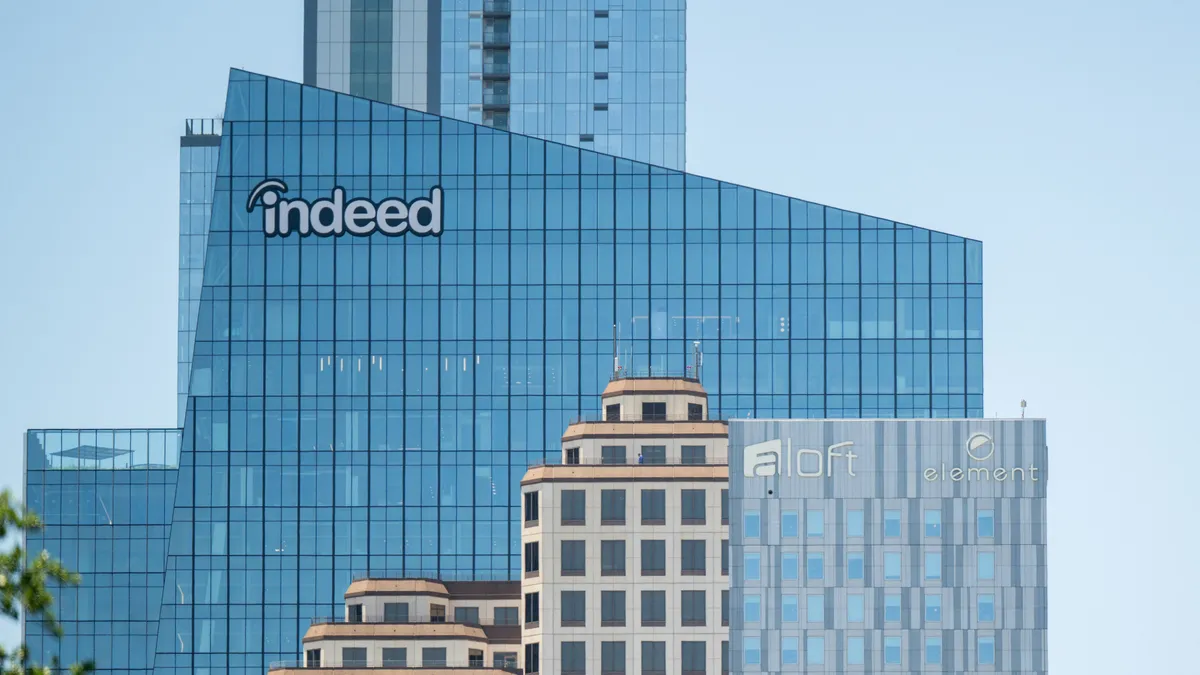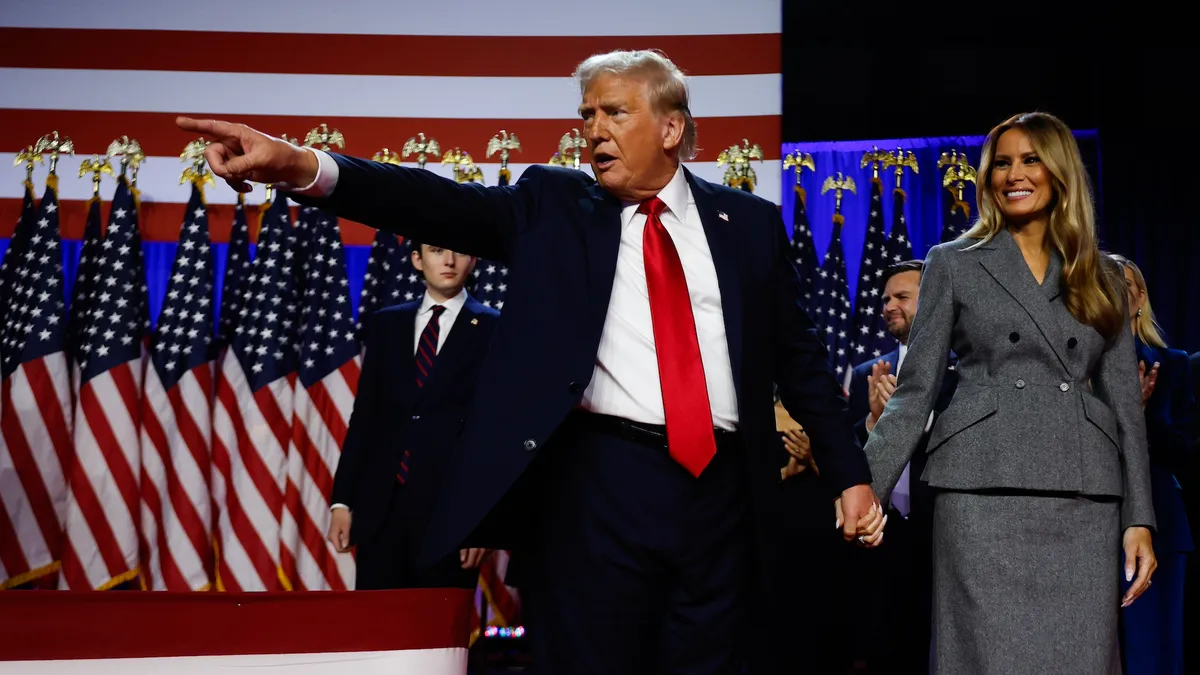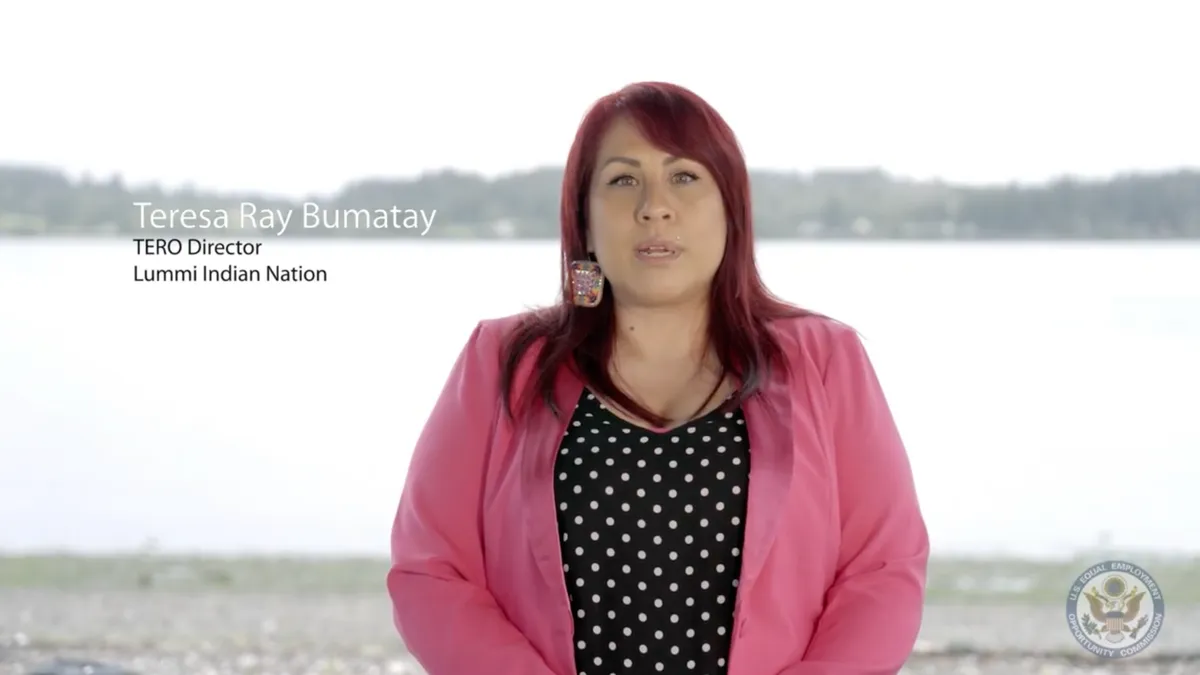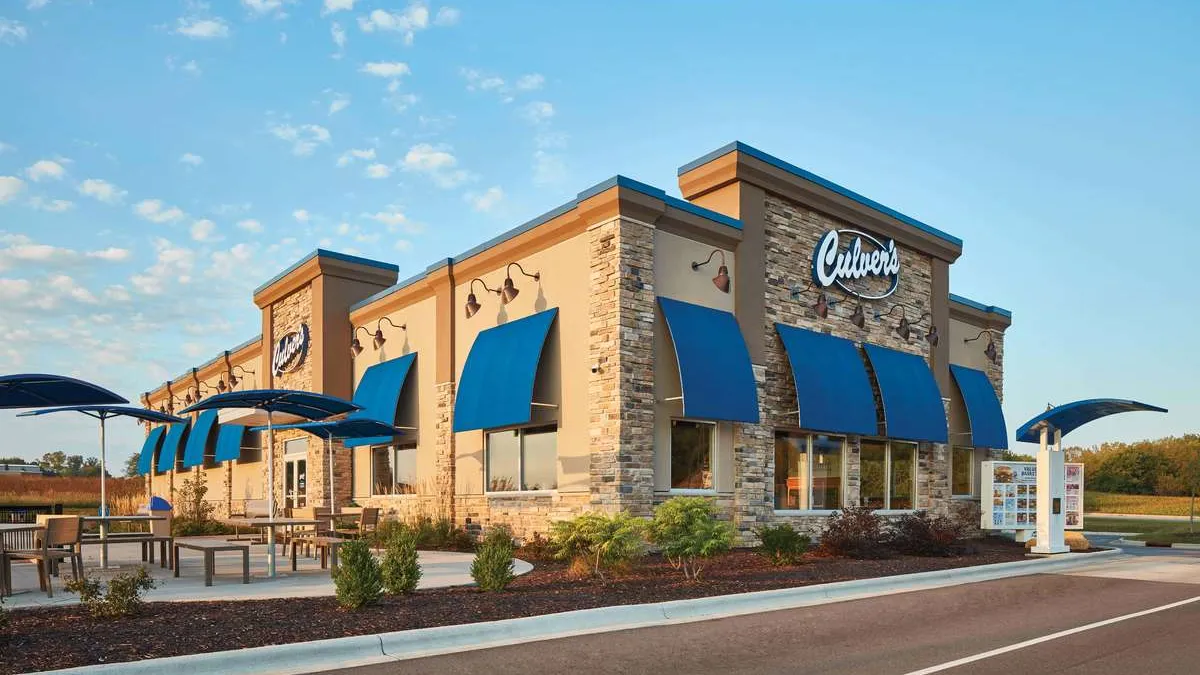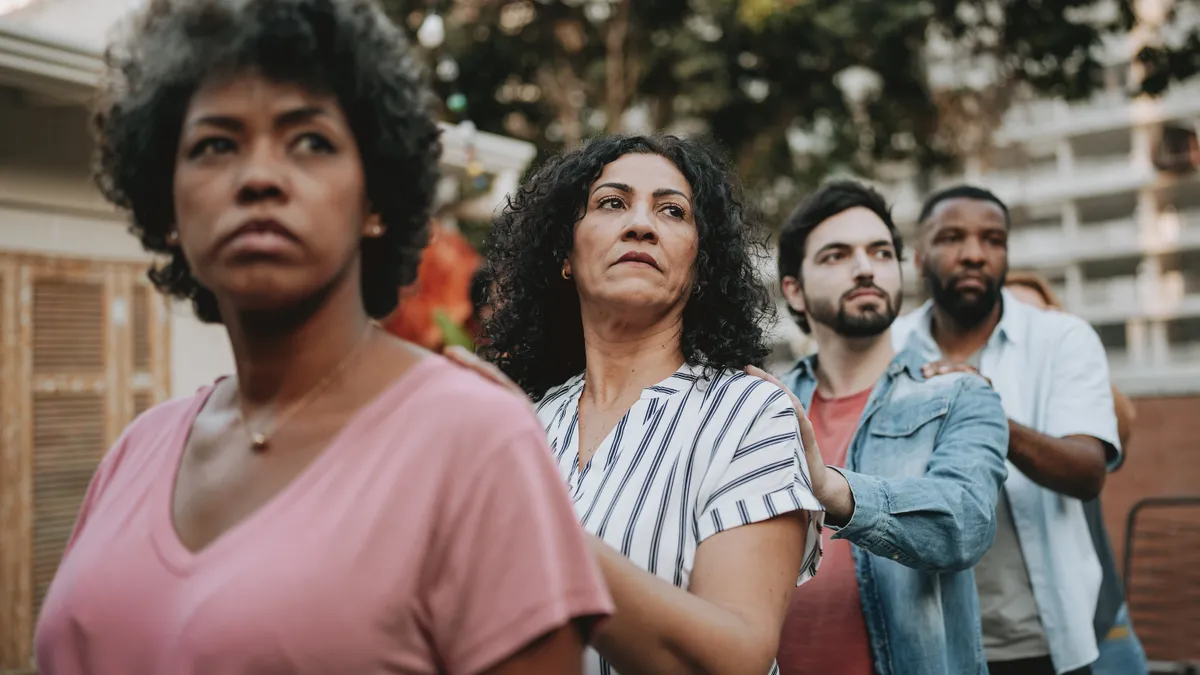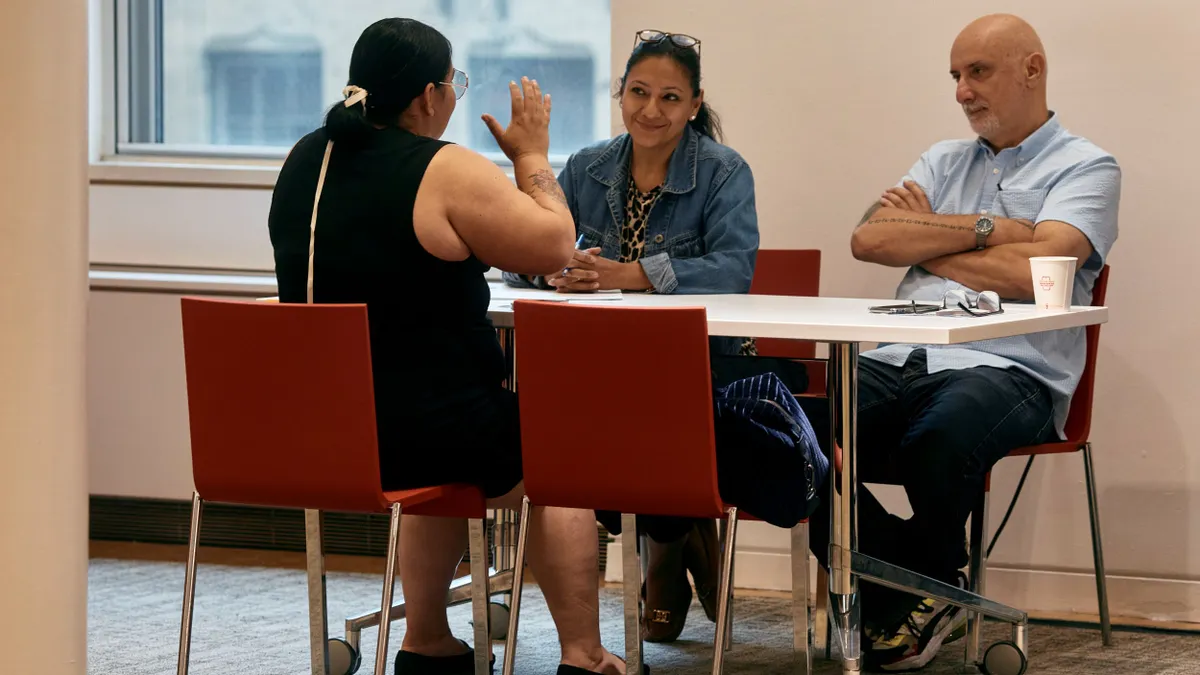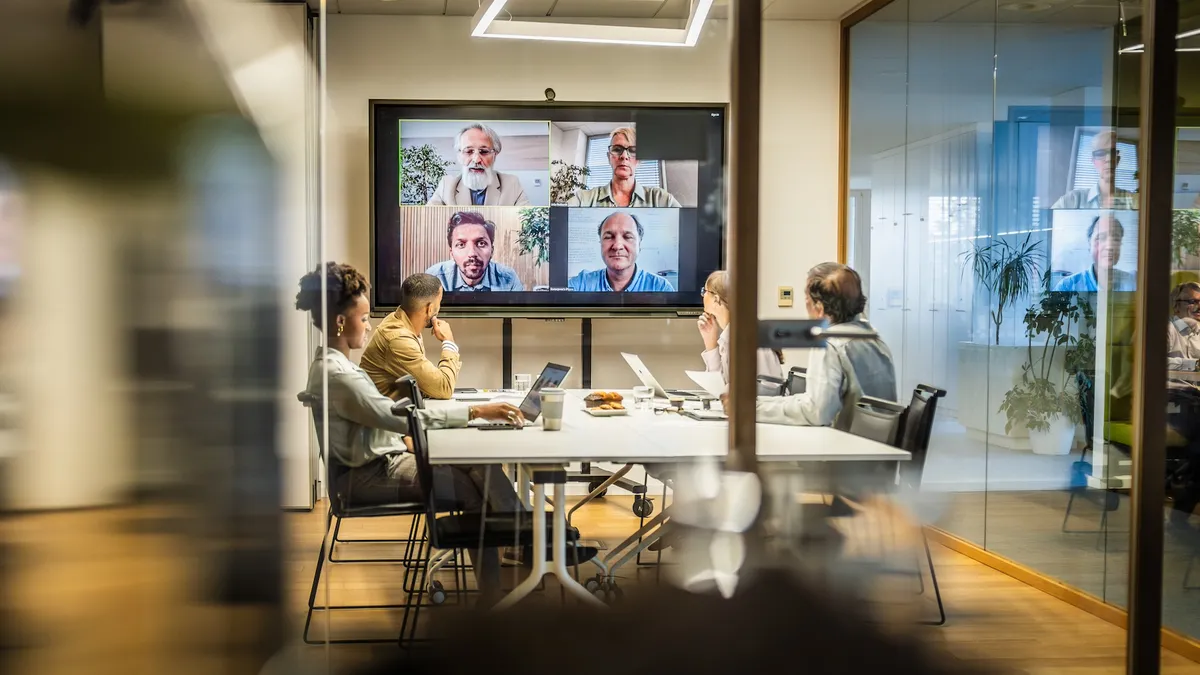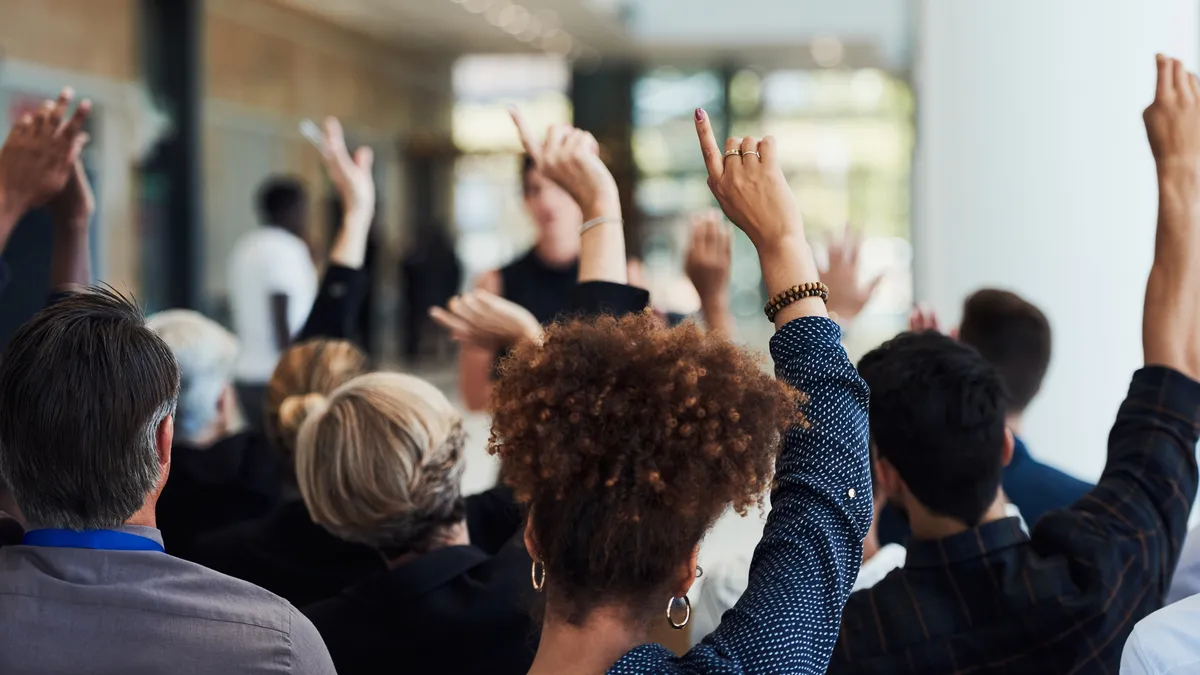One year after the onset of the coronavirus pandemic in the U.S., there is a continued wave of discrimination and harassment against Asian American Pacific Islander (AAPI) individuals across the country, according to reports.
Harassment of AAPI individuals grew after the first cases of the novel coronavirus were confirmed in Wuhan, China. The violence includes recent attacks on the elderly, a February report by "Stop AAPI Hate" found. For example, an 84-year-old man, a native of Thailand, was killed in San Francisco in January. His family members said it was a racially motivated incident, according to local reports.
Between March 19 and Dec. 31, 2020, there were almost 3,000 self-reported incidences of anti-Asian violence from 47 states and the District of Columbia, "Stop AAPI Hate," an organization launched by the Asian Pacific Planning and Policy Council, Chinese for Affirmative Action and the Asian American Studies Department of San Francisco State University, found. Incidents of bias were also reported in workplaces. "Clear civil rights violations — workplace discrimination, refusal of service from establishments, transit or ride-shares — make up 8% of the incidents," according to the report.
President Joe Biden signed an executive action Jan. 26 directing federal agencies to combat xenophobia against the AAPI community. "The federal government must recognize that it has played a role in furthering these xenophobic sentiments through the actions of political leaders, including references to the COVID-19 pandemic by the geographic location of its origin," according to the order.
The AAPI community is "seen as perpetual foreigners," Ron Rapatalo, principal at Edgility Consulting, an executive search and talent firm, told HR Dive in an interview. "I'm a Filipino American," Rapatalo said. "I was the only one of seven in my family born in America." His father immigrated to Brooklyn, New York, in the 1970s, he said. About "18 million plus Asian Americans are here in this country because of the fights of Black civil rights activists, including Dr. King, and many others, to pass The Immigration Naturalization Act," Rapatalo added.
Although "Asian Americans have become a fabric of this country," the U.S. has a history of racism against Asian Americans, exemplified through acts such as such as The Chinese Exclusion Act of 1882 and anti-Filipino riots in 1930 in Watsonville, California, he said. "So for me, as someone who likes to study history, there's a clear pattern" of discrimination that continues in relation to the pandemic, Rapatalo said. "Unfortunately, I'm not surprised."
Companies need to do more than issue corporate statements in regard to the violence against the AAPI community, Rapatalo said. "What are companies actively doing about it?" He questioned. "Otherwise, it’s just a performative allyship."
In response to calls for racial justice following the killing of George Floyd in May 2020, at the urging of Black employees and their allies, many companies began taking in-depth reviews of diversity, equity and inclusion practices, as well as seeking out solutions to support communities. What company leaders can also do is elevate the voices of AAPI workers, and "really listen to them about what they would want to do, and have them lead that charge within their companies," Rapatalo said. It’s also important for members of underrepresented and marginalized groups to serve as allies for each other, he said.
When many companies began to pivot to telework in March 2020, former U.S. Equal Employment Opportunity Commission (EEOC) Chair Janet Dhillon urged employers to be mindful of intimidation, harassment or discrimination in the workplace against Asian Americans and prevent or correct the behavior. "Amidst the challenges we are all facing during these uncertain times, the anti-discrimination laws [EEOC] enforces are as vital as ever," Dhillon said in a statement. HR Dive contacted EEOC to inquire if there was a statement from current EEOC Chair Charlotte A. Burrows but did not receive a response as of press time.
Anti-Asian xenophobia and racism "have historically acted as barriers to equity," according to an August report by McKinsey & Company. In addition to discrimination, Asian-owned businesses are overrepresented in sectors hardest hit by the coronavirus pandemic, the firm found. "The Asian American population is projected to become the largest immigrant group in the United States by 2055, so raising awareness of the community and addressing inequities within the group are increasingly urgent," according to the report.



